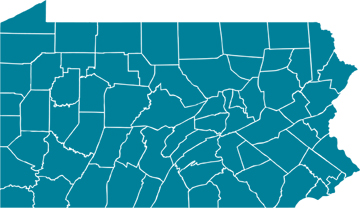Pennsylvania Health Law Project Newsletter
The Pennsylvania Health Law Project has published its January 2013 newsletter.
Targeted to the very population that Pennsylvania’s safety-net hospitals serve, this month’s newsletter includes features on the benefits of Medicaid expansion under the Affordable Care Act, Medicaid eligibility, and the uninsured in Pennsylvania. It also includes links to articles and features relevant to the state’s low-income population and the health care providers who serve them.
See the Pennsylvania Health Law Project’s January 2013 newsletter here .
.







